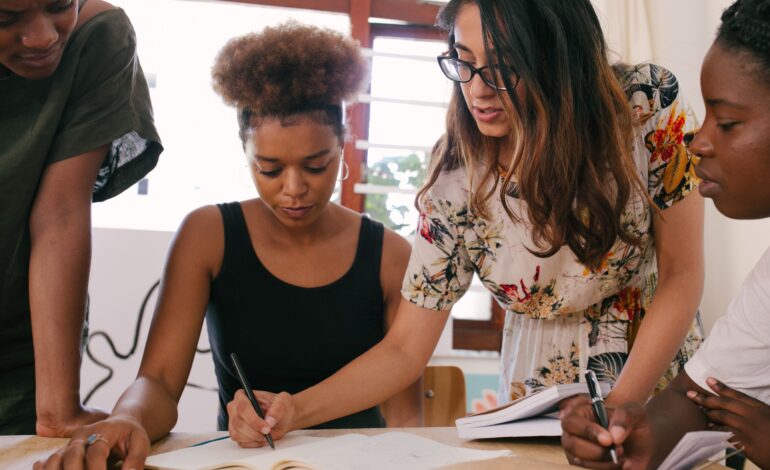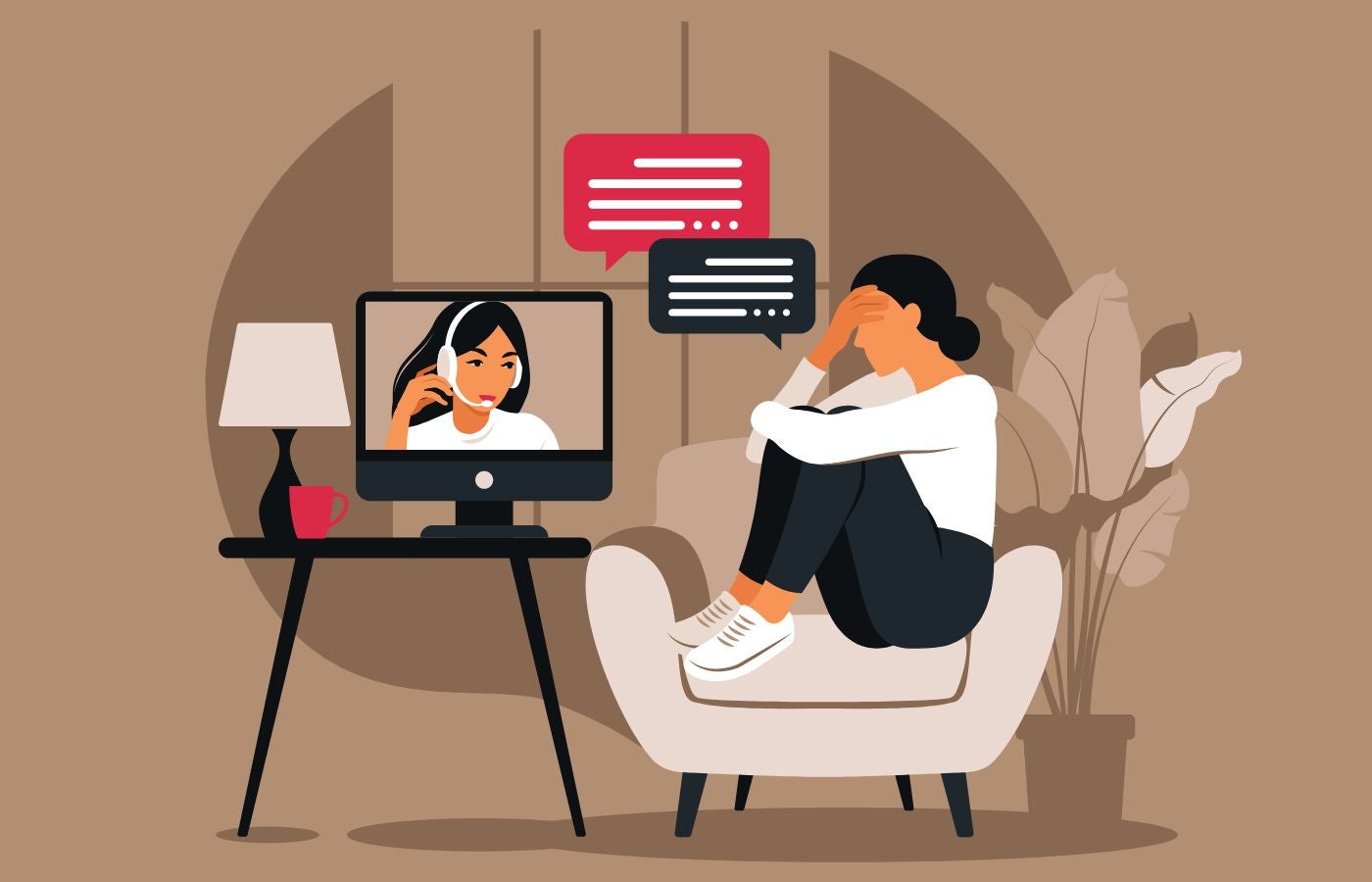
Collaboration is a powerful force. It helps us accomplish more than we could on our own. Whether it’s in the workplace, academia, or any other domain, collaboration plays a crucial role in driving progress and achieving desired outcomes.
The power of collaboration lies in the ability of individuals or groups to work together towards a common goal, leveraging each other’s strengths and expertise to achieve collective success. Collaboration fosters synergy, creativity, and innovation, enabling individuals to accomplish more together than they could on their own.
Here are some key aspects that highlight the power of collaboration:
Diverse Perspectives

Collaboration brings together people with different backgrounds, skills, experiences, and perspectives. This diversity enhances problem-solving abilities by considering a wide range of viewpoints and approaches. It promotes critical thinking, encourages fresh ideas, and helps to identify blind spots or biases that may exist when working in isolation.
In addition to bringing together people with different backgrounds and skillsets, collaboration also brings together people with different perspectives. For example: an accountant may see something one way while someone from marketing might see it another way—and they both have valuable information to contribute. By collaborating on the same project, we can learn from each other and make better decisions as a team.
Shared Resources
Collaboration is a process in which people with common interests, goals, or needs join forces to create a product or service. This can be done through working together within an organization, by sharing information and resources, or by creating a new business venture.
When individuals or groups come together to collaborate on a project, they can pool their knowledge and skills to create something that wouldn’t have been possible working alone. When you work with others on a project, you may find that you’re able to achieve more than you could on your own—and the same is true for other participants.
Increased Productivity
Collaboration fosters a sense of collective ownership and responsibility, which can significantly boost productivity. When individuals work together towards a shared goal, they can divide tasks, leverage each other’s strengths, and complement each other’s skills. This division of labor and the ability to capitalize on each other’s strengths can lead to greater efficiency and productivity.
In addition to being more efficient, collaboration also fosters innovation. As individuals bounce ideas off one another, they can generate new ideas that would not have been possible if they were working alone. The ability to collaborate increases creativity by enabling people with different perspectives and experiences to combine their skillsets in order to solve problems in new ways.
Building Relationships
Collaboration strengthens relationships among individuals or groups. Working together towards a common goal fosters trust, respect, and camaraderie. Effective collaboration requires effective communication, active listening, and empathy, all of which contribute to building strong relationships. These relationships can extend beyond the immediate project and create networks that can be beneficial for future endeavors.

Collaborative projects are often more successful than individual work because they require a broader range of skills and knowledge than any single person could possess. Because each member brings unique capabilities to the table, it is easier to accomplish more complex tasks when multiple people work together on them.
Learning and Growth
Collaboration provides opportunities for continuous learning and personal growth. When individuals collaborate, they can learn from each other, acquire new skills, and expand their knowledge base. Collaboration facilitates knowledge sharing and promotes professional development, allowing participants to broaden their expertise and refine their abilities.
In addition to increasing the quality of work performed by individuals in groups, collaboration also helps employees learn how to work together better. Collaboration gives employees a chance to practice working with others in a safe environment where they can receive constructive feedback on their behavior while working on projects together. This helps them develop communication skills as well as conflict resolution skills so that they’re prepared when they encounter problems or disagreements while working with others outside of the group setting.
Collaboration is not only a powerful tool for achieving results—it is also an essential paradigm shift in how we think about ourselves and others. We believe that by embracing collaboration, it will lead to new ways of thinking about and relating to others. This will have a positive impact on all aspects of our lives: the way we work together with colleagues at work; the way we engage with friends and family outside of work; and even the way we interact with strangers when we are out in public places like shopping malls or restaurants.
As you go forward into this new world of collaboration, remember that it takes effort on your part to get there. But once you do make the transition from individualism to collaboration, you will see how much more rewarding life becomes!
RUCHI RATHOR Founder & CEO
Payomatix Technologies Pvt. Ltd.
FOUNDER AND INVESTOR | PAYMENTS PROCESSING EXPERT | MERCHANT ACCOUNT SOLUTIONS | WHITE LABELLED PAYMENT GATEWAY | Dreamer, Creator, Achiever, Constantly Evolving
Website Ruchi Rathor: https://ruchirathor.com
Website Healing Heart https://thehealingheart.me/
Instagram https://www.instagram.com/ruchirathor/
LinkedIn https://www.linkedin.com/in/ruchirathor12/
Facebook https://www.facebook.com/ruchi.rathor.magnificient
Tumblr https://www.tumblr.com/blog/ruchirathor-thehealingheart
Medium https://medium.com/@ruchirathor_23436









